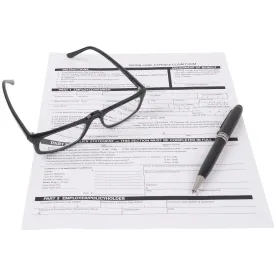A recent “Dear Colleague Letter” provides clarification of The Family Educational Rights and Privacy Act (FERPA) rules and points to suggested changes to an university’s or institution’s policies and procedures.
Earlier this month, the civil lawsuit filed against the University of Oregon (UO) and its basketball coach, in which Jane Doe alleged she was raped by three UO basketball players (one of which was a transfer student athlete who was under investigation for rape at his prior institution), was settled for $800,000.00. Legal maneuvering in the defense of that case has caused the United States Department of Education to issue a ‘Dear Colleague Letter’ to school officials at institutions of higher education. At issue in the UO case was the school’s handling of Jane Doe’s medical records and in particular, notes from on-campus counseling sessions that were in the possession of UO as Jane Doe’s education records, and subsequently turned over to the school’s general counsel.
The August 18, 2015 ‘Dear Colleague Letter’ clarifies that in “cases where litigation occurs between the institution and the student, FERPA’s school official exception to consent should be construed to offer protections that are similar to those provided in medical records in the context of litigation between a covered health care provider (a hospital) and a patient under the Health Insurance Portability and Accountability Act of 1996 (HIPAA).” Therefore, subject to some very narrow exceptions, during litigation, a court order or written consent is necessary before disclosure of a student’s medical records. One exception includes litigation where the medical treatment itself or the payment for that treatment is at issue.
As an example, the ‘Dear Colleague Letter’ says: “if an institution provided counseling services to a student and the student subsequently sued the institution claiming that the services were inadequate, the school’s attorney should be able to access the student’s treatment records without obtaining a court order or consent. However, if instead the litigation between the institution and the student concerned the student’s eligibility to graduate, the school should not access the student’s treatment records without first obtaining a court order or consent.”
As a result of this clarification, we encourage our friends and colleagues at institutions of higher education to review their policies and procedures regarding the disclosure of students’ medical records.




 />i
/>i

